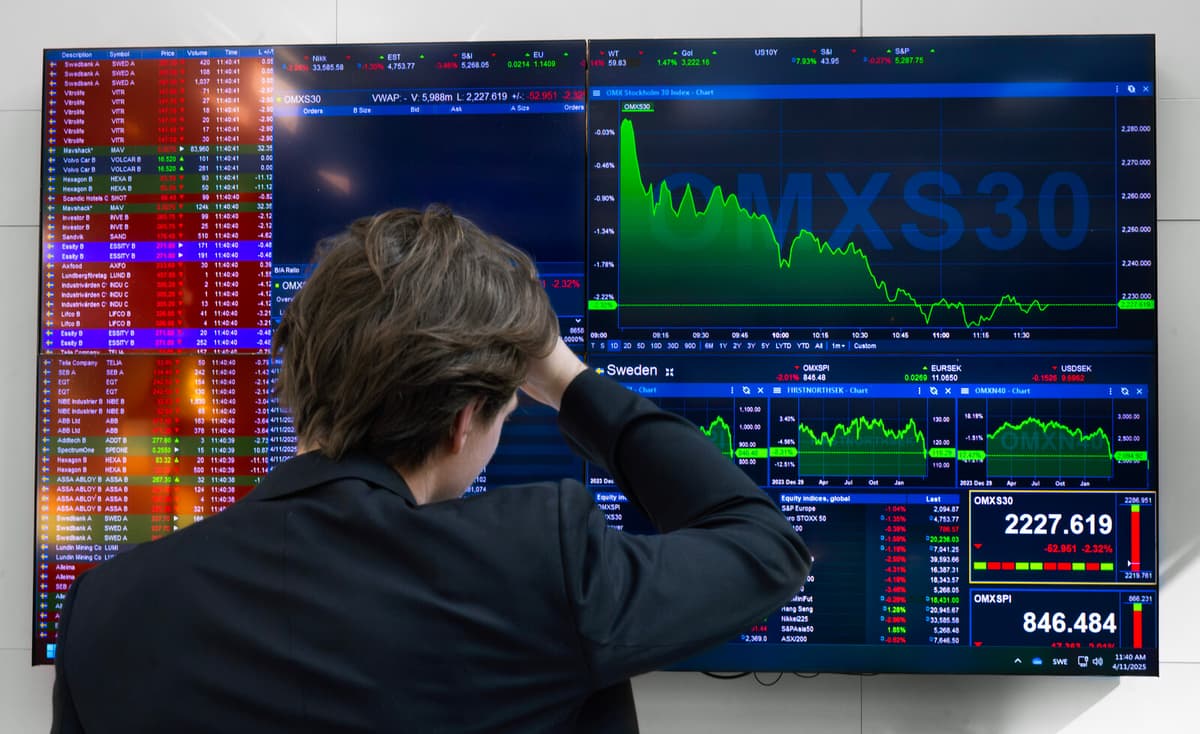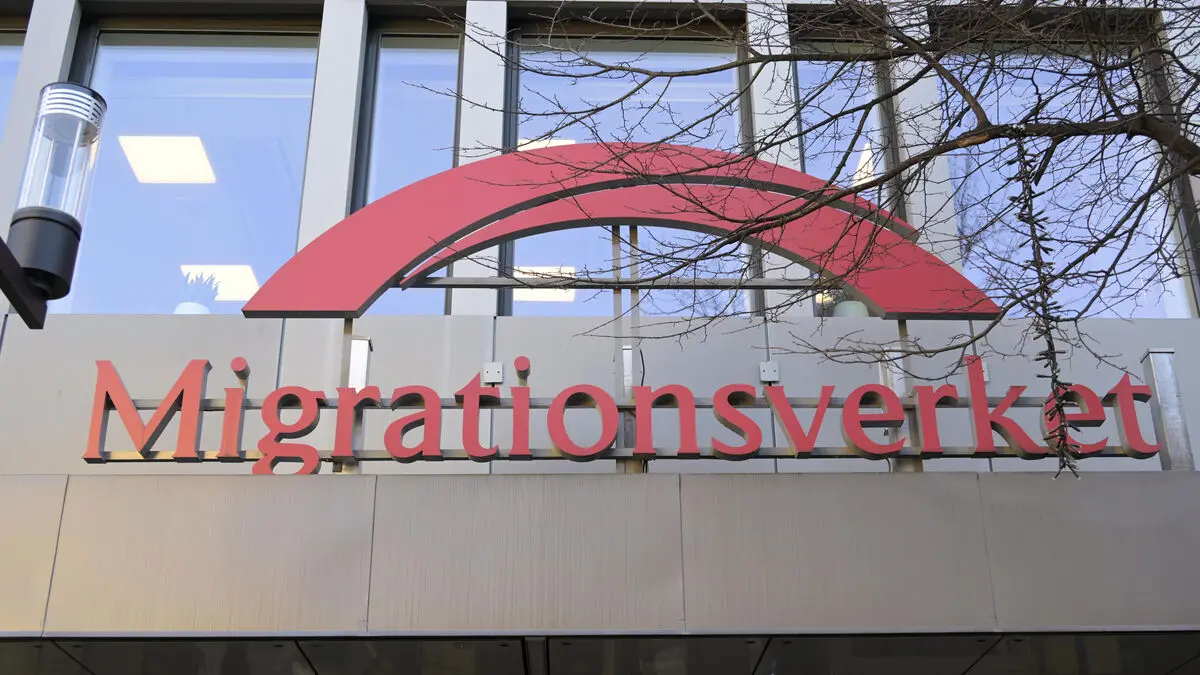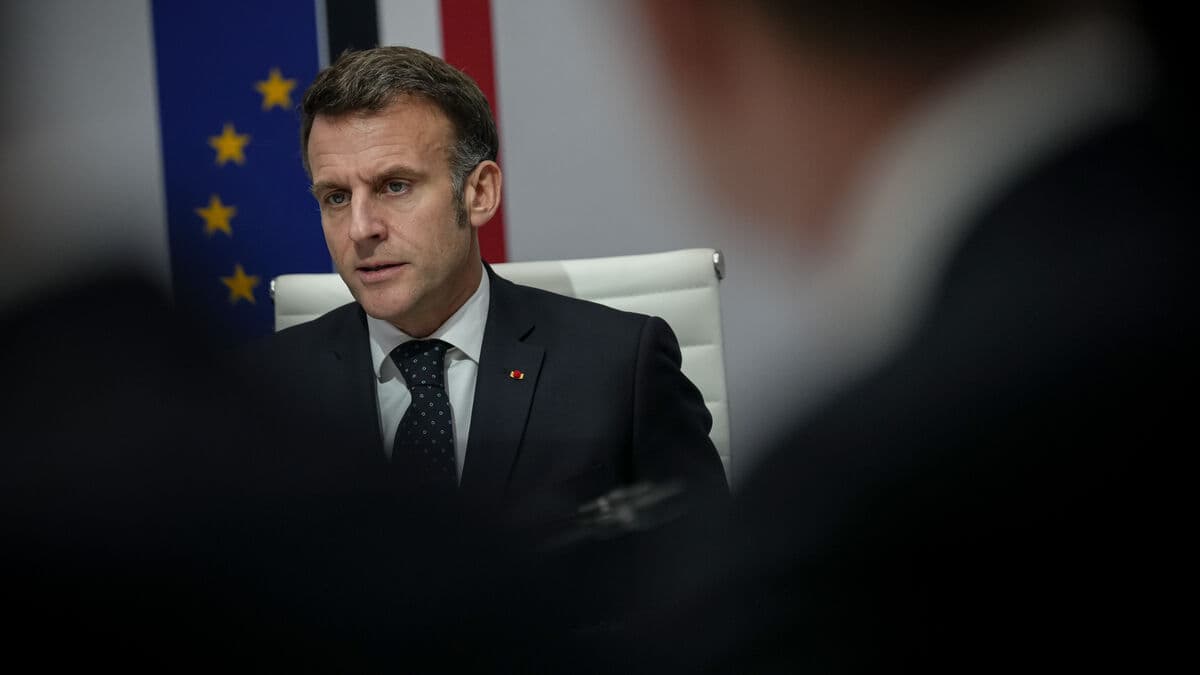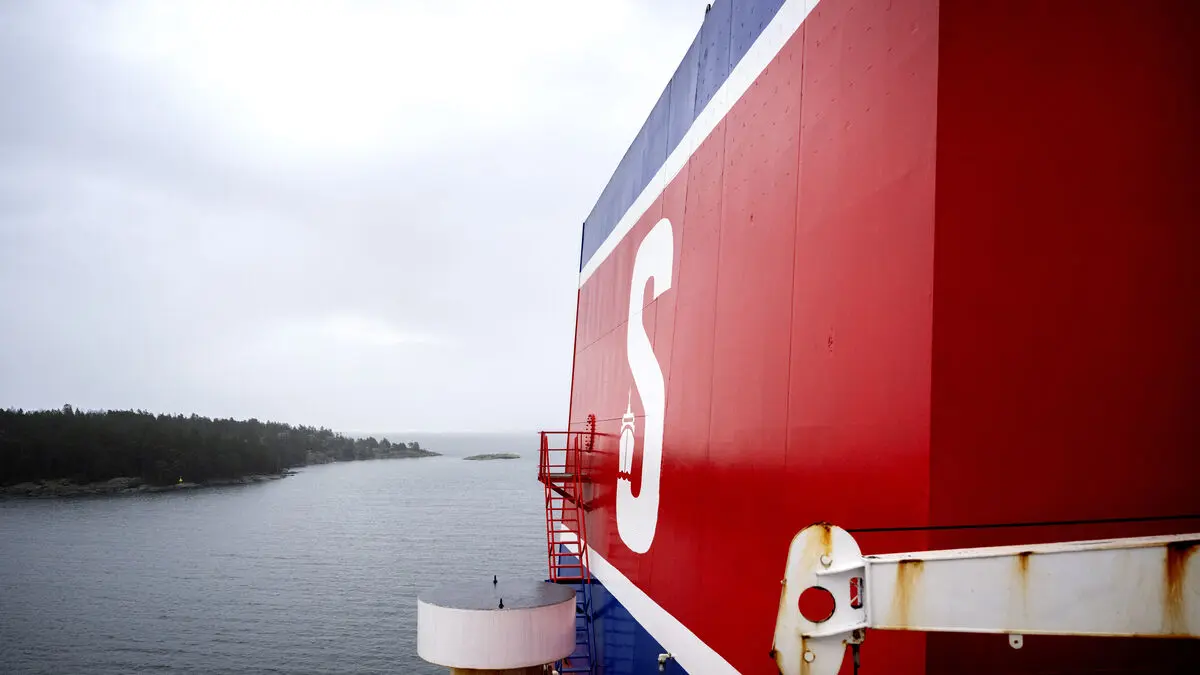It will take until Monday before we get to see how the market reacts to the escalation of the conflicts in the Middle East.
”At present, we do not see signs of a global recession, even though the risks for worse growth have increased, and as long as oil deliveries are not severely disrupted, much suggests that this will be a period of increased volatility, not a lasting decline”, writes SPP's savings economist Shoka Åhrman in an email comment.
The price of oil has risen by around 25 percent in one and a half months. A barrel of crude oil costs approximately 76 dollars, which corresponds to the price levels from the beginning of the year.
Since Israel attacked Iran on June 13, the concern on the market has increased due to the risks that Iran will block the narrow Strait of Hormuz, where a fifth of the world's oil transports pass to and from the Gulf States.
I usually describe it as one of the pulse veins of world trade that passes through the region, says Robert Berqvist, economist at the major bank SEB, to Ekot in Sveriges Radio.
Saul Kavonic, energy expert at the analyst firm MST Marquee, tells the news agency Bloomberg that the price of oil risks rising sharply if the strait is closed.
This can lead us on a path towards 100-dollar oil, says Kavonic, referring to the price per barrel.






